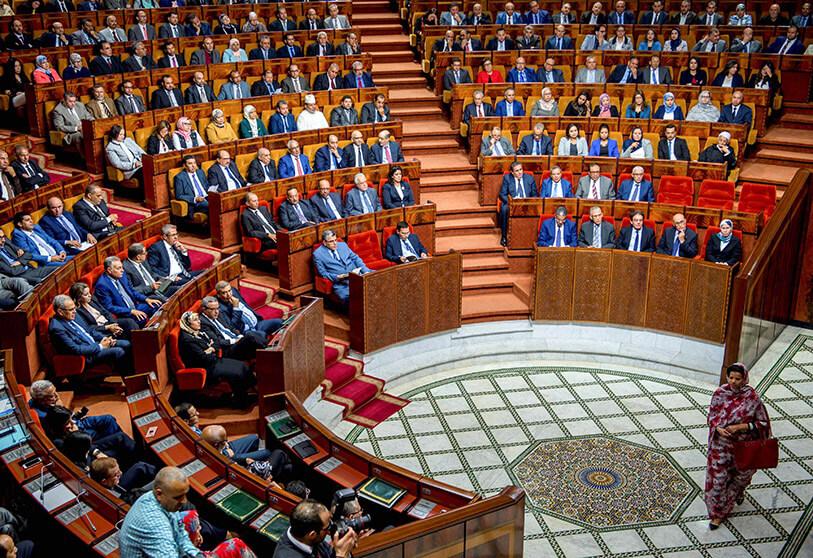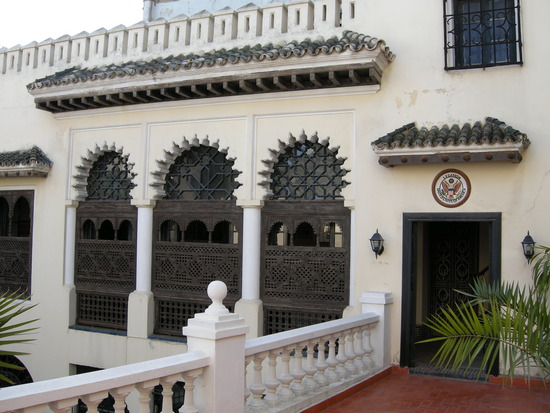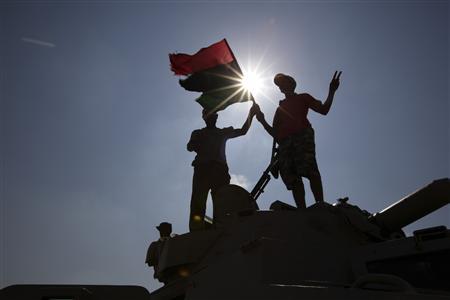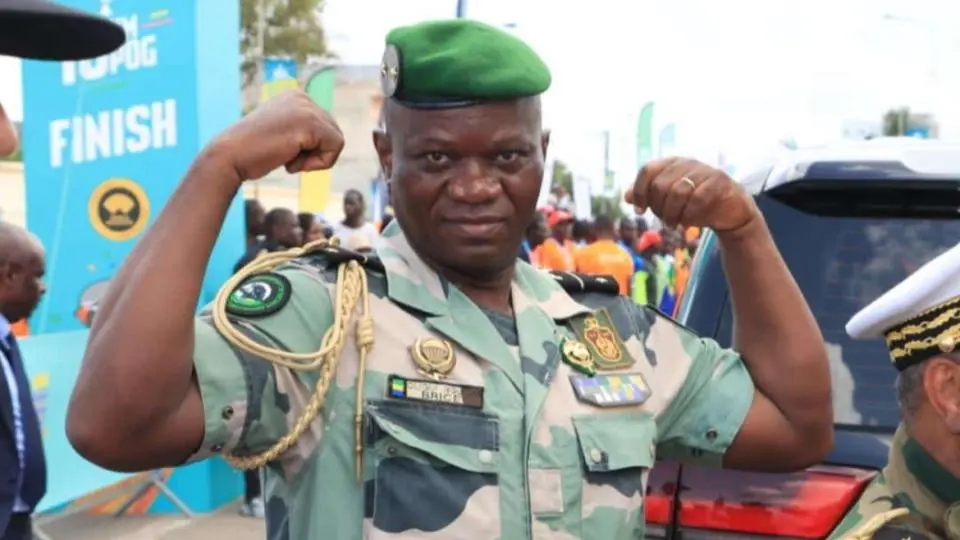King Mohammed VI has affirmed that democracy is not a ready-made recipe; nor is it a model to be imported but it is a gradual, home-grown exercise that requires pluralism and diversity.
In a message addressed to participants in a symposium commemorating the 60th anniversary of the establishment of the 1st elected Parliament in Morocco, which opened Wednesday in Rabat, the Monarch said democracy is the result of interaction with the domestic environment and with the particularities of each country, without compromising on the universal standards of representative democracy, whose foundations include free and fair elections, the multi-party system and alternation in the exercise of political power.
The Moroccan parliamentary model is the result of a political vision which seeks the achievement of gradual and successive constitutional reforms, said the king, noting that the model also reflects a strong desire to ensure the participation of the nation’s active political, social and economic forces.
“Since I ascended the throne of my venerable ancestors, I have remained committed to the same approach and made sure major reforms in various political, social, economic and cultural fields are introduced”, underlined the Monarch.
The legislative institution was at the heart of the structural reforms engaged, be it through the greater powers given to parliament, or the promotion of women’s representation which grew steadily and significantly, in parliament as well as in various elected councils, added the Moroccan sovereign.
These reforms culminated in the adoption of the 2011 Constitution, an advanced text which made it possible to launch several structural reforms, thereby consecrating the exceptional nature of the Moroccan reform model, stressed the royal message.
The legislative branch was at the heart of these reforms. Its powers were significantly increased, and the independence of the executive and judicial branches was enhanced.
Thus, parliament became the source of legislation, and the evaluation of public policies and the monitoring of government action were added to its powers, said the King.
“Our country was a pioneer in enshrining participatory and citizen-based democracy in the Constitution, together with the roles of civil society and the right of male and female citizens to submit motions in the legislative field and petitions to public authorities. These measures are expected to enrich parliamentary work”, affirmed the King.
“It is a matter of pride for us, in Morocco, that the participatory approach has always been a standard practice in the major reforms our country has witnessed at key moments in its history, which is particularly rich in achievements and accomplishments”, said the royal message.
“That methodology reflects yet another aspect of Moroccan democracy and its unique character. Having said that, the ultimate goal remains the consolidation of the rule of law and the promotion of the institution-based state through the separation of powers and the accountability of public office holders”, added the King.
In the area of parliamentary diplomacy and foreign relations, “we are pleased to note the contribution the Moroccan Parliament has been making in terms of defending our country’s interests and just causes – including that of our territorial integrity – and highlighting the various reforms and projects taking place in the Kingdom”, said the Monarch.
“We also take pride in the fact that Moroccan parliamentary diplomacy has been playing a leading role in defending issues that are crucial for our African continent. These issues, which feature high among our foreign policy priorities, include questions relating to climate justice and food security, migration and peace, and Africa’s right to development and to using its resources and capabilities for the benefit of its peoples”, stressed the Monarch.
This policy is fully in line with the philosophy underpinning “our diplomatic service, the foundations of which I set in place and which consist in non-interference in the internal affairs of countries, respecting their national and territorial integrity, contributing to maintaining peace and stability, and preventing and settling crises and conflicts by peaceful means”, said the King in his message.
Notwithstanding the accomplishments made, greater efforts are still needed to achieve the institutional, representative democracy which we want for our country, and which would be a credit to it, affirmed the King, stressing the need to prioritize the higher interests of the nation and of the citizens over narrow partisan considerations.



